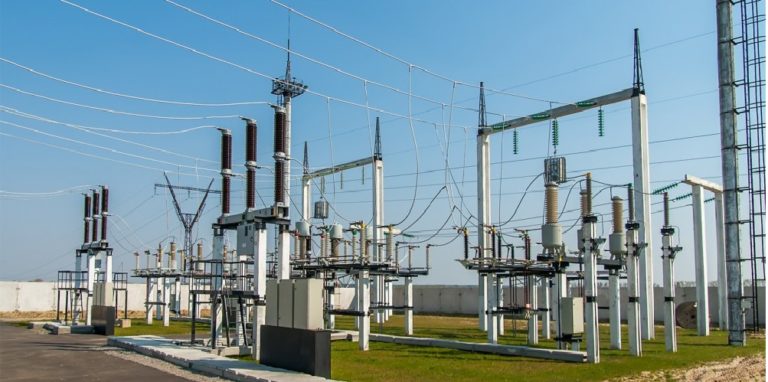
As someone who resides in Nigeria, I can categorically state that the electricity supply in the country is abysmally poor. Unlike our neighbor, Ghana that has celebrated years of uninterrupted power supply, never has such happened in the history of Nigeria. Regardless of whether you pay your electricity bill, it has already become a norm for the power holding company of Nigeria, PHCN to disconnect the electric supply at different points in time.
This poor supply of electricity has made it extremely difficult to run a business in Nigeria, which mostly affects small businesses. According to the world bank, it disclosed that businesses in Nigeria suffer an annual loss of $29 billion as a result of an “unreliable” power supply, which they stated that it has resulted in the refusal of consumers to pay bills.
Some Nigerians are reluctant to pay electricity bills because of how poor the supply of electricity has been. It’s appalling that a country that calls itself the “giant of Africa” is still ravaged with the widespread power blackout. The electricity supply has never been reliable, which is why companies, businesses, and industries have become heavily reliant on self-generated power.
Register for Tekedia Mini-MBA edition 19 (Feb 9 – May 2, 2026): big discounts for early bird.
Tekedia AI in Business Masterclass opens registrations.
Join Tekedia Capital Syndicate and co-invest in great global startups.
Register for Tekedia AI Lab: From Technical Design to Deployment (next edition begins Jan 24 2026).
A large number of them have opted for the use of solar energy while some use petrol and diesel-powered generators. This has seen them spend heavily on petroleum products which have affected their revenue. Small businesses are the ones most affected, as a large percentage of them depend heavily on power to run their business. Constant use of generators to run their business has seen them accrue losses with little or no profit.
Owners of these businesses are left with no option but to adapt to the epileptic power supply in the country, which has seen a lot of them struggle to reach lofty heights for their businesses. Imagine a small business owner that spends heavily on petroleum products on a daily basis to run his or her business, such a person is bound to either lose out entirely or manage the crumbs that the business produces courtesy of the poor power supply.
Asides from the adverse effect poor electricity has on businesses, it has also hampered the creation of new markets, as new markets are created when the energy supply is stable. With a stable power supply, individuals will be able to set up businesses where they can earn an income as well as cater for their families. It’s quite unfortunate that the power sector in the country is handled with levity, and one thing the government must understand is that the poor supply of electricity has crippling ripple effects in the country with so many negative impacts on almost every sector. Health, Agriculture, Education, Business, Production, etc.
Not only does poor power supply cripple businesses, it also comes with environmental costs. The constant use of generators that emits fumes into the atmosphere, increases air pollution which affects climate change and human health. In turn, environmental damage can result in agricultural job losses, the ripple effects are countless.
According to economists and researchers, they disclosed that energy is the engine that drives the economy of a nation forward, therefore poor energy supply greatly affects a country’s economic growth. It is therefore paramount for any nation that wants to see the country’s economic boom, to invest heavily in ensuring that there is a constant power supply.
It is a known fact that when small businesses thrive in a country, it acts as a catalyst for economic growth. Therefore when small and medium scale businesses are affected because of poor power supply, it stifles the growth of the economy. Nigeria’s major shortage of reliable power supply is a major constraint to the country’s economic growth.
It is disheartening that the epileptic power supply in Nigeria has made it one of the harshest environments to do business, which has rendered the country less competitive and has also caused some businesses to move out of the country. It might interest you to know that the major reason why Michelin, Dunlop tyres had to leave Nigeria, was because of its epileptic power supply. The lack of reliable power supply has stifled economic activity, private investment, and job creation which is ultimately what is needed to lift millions of Nigerians out of poverty.
If the government of Nigeria is hell-bent on eradicating poverty in the country, as well as boosting the economy, they must take into cognizance that the power sector must be greatly improved. Power is the engine of any thriving economy. By doing so, businesses can operate with ease and accrue more profit than loss, more employment opportunities for individuals, and most importantly, it will make the country a suitable environment for business.



